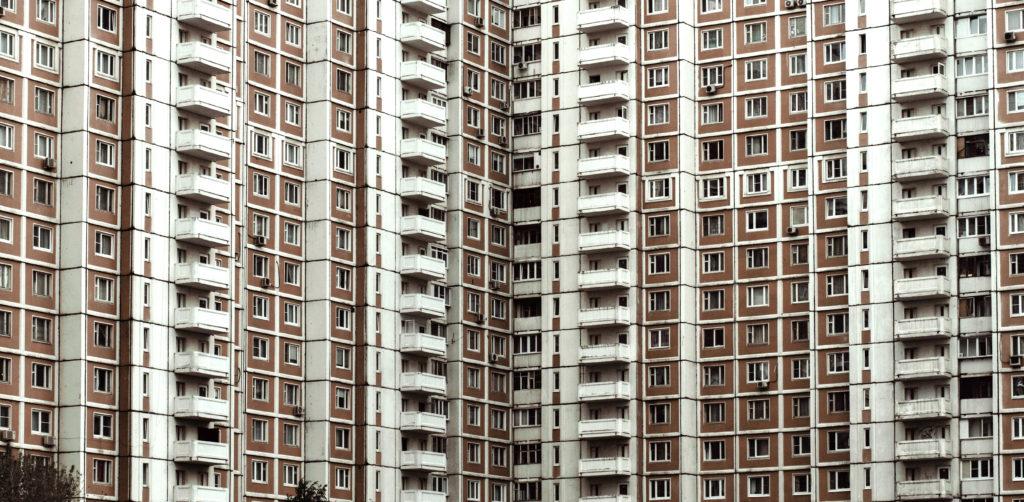One of the most hotly contested state propositions on the ballot in this November’s election is the Affordable Housing Act, or Proposition 10, which seeks to allow local governments to enact rent control.
Submitted to the ballot by the Alliance of Californians for Community Empowerment, Prop 10 would repeal the Costa-Hawkins Rental Housing Act of 1995, which currently prohibits cities from instituting rent control on single family dwellings, condominiums and new housing.
Rent control allows local governments to limit the amount a landlord can increase a tenant’s rent from year to year.
Fifteen California cities currently have some form of rent control, including San Francisco, Berkeley, Oakland and San Jose, but their authority is curtailed by Costa-Hawkins.
Under the law, any housing built after 1995 counts as “new” and cannot be rent-controlled.
Twenty-three years later, that standard remains the same, and in the cases of cities that already had rent control ordinances in 1995, Costa-Hawkins defines “new” as anything built after those local ordinances were first established.
That means that in San Francisco, rent control can’t apply to housing built after 1980.
If Prop 10 passes, cities across California will have decisions on if and how to implement rent control. But courts have said that no matter what, landlords must be allowed to earn a “fair rate of return” on their properties.
Many opponents of Prop 10 say rent control will exacerbate the housing crisis, and former San Francisco Mayor and current Gubernatorial Candidate Gavin Newsom said he hopes the state can find a compromise instead of a full repeal of Costa-Hawkins.
“Getting rid of these protections [for landlords] overall may have unintended consequences on housing, construction and production that could be profoundly problematic,” Newsom said.
As of Oct. 22 the $25 million raised in support of the measure pales in comparison to the over $65 million amassed by the opposition, composed chiefly of realtors, landlords and property owners.
The Small Property owners of San Francisco Institute donated $26,000 to fight Prop 10, and the California Apartment Association, which represent the rental housing industry, put up nearly $18 million.
Opponents argue that by decreasing rental profits, property values will plummet, spurring landlords to convert rentals to condos, and developers to build condos instead of apartments.
A January Stanford study argues that rent control only helps people who are already rooted in rent-controlled housing, while those who come later face higher rents and scarcer options. The study looked at the rental market in San Francisco from 1994 to 2010 and found that landlords facing rent control reduced the rental housing supply by 15 percent, which was accompanied by an overall 5.1 percent increase in rents across the city.
But Nicole Montojo, a housing researcher at the Haas Institute at UC Berkeley, and Stephen Barton, the former City of Berkeley housing director disagree. They believe that local conditions other than rent control have more to do with housing supply, and they point out that regulations on things like condo conversion are easy solutions already employed in many cities with rent control.
In a September policy brief, Montojo and Barton noted that real-world trends counter many naysayers.
“The three largest Bay Area cities with rent control [San Francisco, San Jose, and Oakland] have only 27 percent of the region’s housing, but according to the U.S. Census Bureau those
cities have built 43 percent of the Bay Area’s new multifamily rental units in buildings with five or more units since 2000,” the report said.
They believe rent control could be a major factor in helping ease the housing crisis, which disproportionately affects people of color and the elderly, in part because it’s a cost-effective solution that can be implemented quickly.
The option is certainly quicker than the ongoing struggle to develop more affordable housing, which they recognize is a priority for a long-term solution.
“There’s often a flawed dichotomy that characterizes the debates on rent control, and often pits rent control against producing or building more housing,” Montojo said. “What we assert in the report is that it doesn’t have to be an either or.”






Matthew Barnes • Nov 1, 2018 at 10:36 am
“former City of Berkeley housing director”
Well, there’s pretty much everything you need to know right there…